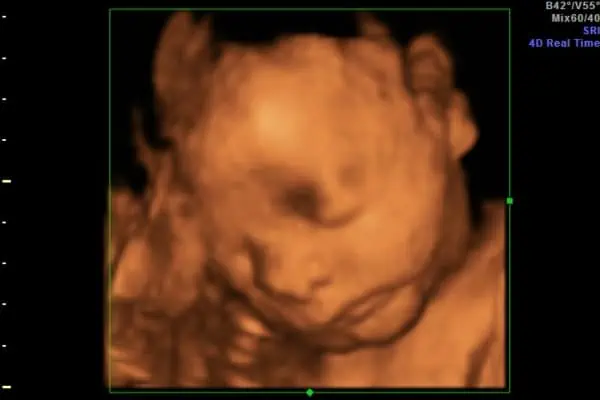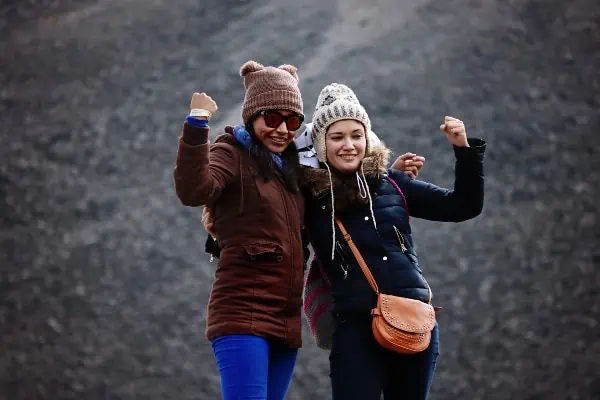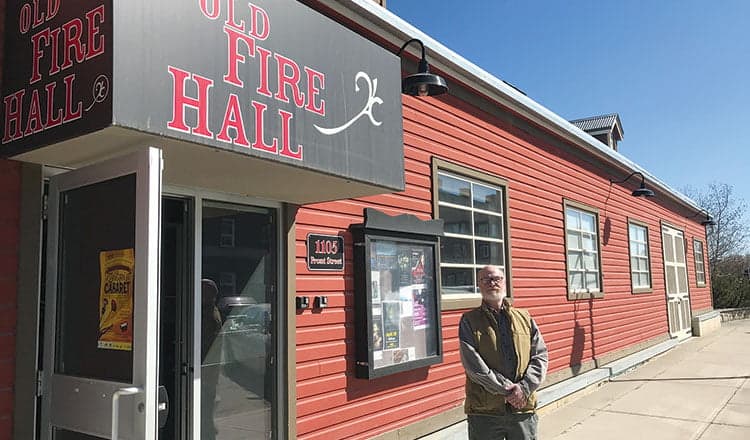You may have heard my voice on the radio or through a megaphone leading cheers in the spirit of ending gender-based violence, ending systemic injustice and demanding human rights be respected. More often than not I have something to say or a have a question that adds complexity to the issue at hand.
I have spent the majority of my time in grassroots feminist spaces, mostly supporting individuals with diverse backgrounds and women who experience violence.
When people ask me how I came to be doing the work that I do, I often refer to the grassroots feminist organization I joined 10 years ago in Ottawa/Unceded Algonquin Territory. Upon further reflection, especially considering this month includes both International Women’s Day and the International Day for the Elimination of Racial Discrimination, I realized that my journey to this work started long before I started calling myself a feminist.
The reality is that my passion for social justice was a seed planted long before I joined grassroots feminist organizations. My passion has roots, intricate and deep, but the seed was the Islamic community in Ottawa/Unceded Algonquin Territory.
My memories take me back to the times I spent at the Ottawa Mosque, which is colloquially called the Scott Street Mosque. This mosque was not a designated room or renovated building space. It was built from the ground up and had Islamic architecture. A dome ceiling, large windows, colourful carpets all facing the direction of the Kaaba in Mecca, and a minaret. It was a community space filled with the rhythmic reciting of verses of the Qur’an at prayer time, the movement during prayer performed in unison, the peacefulness of study, a diversity of languages spoken, lectures on being compassionate and contributing community members, the laughter of children, as well as the love and kindness among those who attended.
Late night prayers during Ramadan were filled with humility, community meals during Ramadan were plentiful, and gathering for communal prayers during Eid Celebrations were always lively.
As a youngster, I spent many nights in the mosque during camps at wintertime, discussing traditional teachings and how they relate to our lives today. In the summer we spent time in cabins outside the city where I learned to canoe and fish, and respect for the environment. It was during these times that I learned about Muslim women who lived at the time of the Prophet (peace be upon him) and were leaders. What I did not realize at the time, was that I was also learning the names of future Muslim women leaders who actively strive for social justice not only in the Muslim community, but across the intersections of our identities as Canadians.
The women who I grew up with in the mosque, other campers and our counsellors, have always been strong voices for social justice. I witnessed many of them challenge sexism, cultural violence and racism in our community spaces. Some of these folks have become scholars, some poets, some social workers and others journalists.
As I aged out of these camps, I did not visit the mosque as often. I would go to feel unity during prayer time and when I was in search of a quiet place to reflect as an adult. I was grateful for the resources available in the mosque library or be free to meet with the Imam for guidance.
I am so grateful for the opportunity to have grown up in a community that not only welcomed a mosque, but strives to protect it during these Islamophobic and anti-immigrant times. Without the social justice seed planted in me during my youth surrounded by the Muslim Umma in the local mosque, I may not have become the fierce feminist social activist that I am today.
This story is the first of a four part series coordinated by the Victoria Faulkner Women’s Centre, the Yukon Status of Women Council, Les EssentiElles, and the Yukon Women’s Transition Home Society to celebrate International Women’s day and the International day for the Elimination of Racism.



